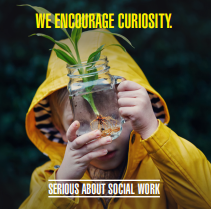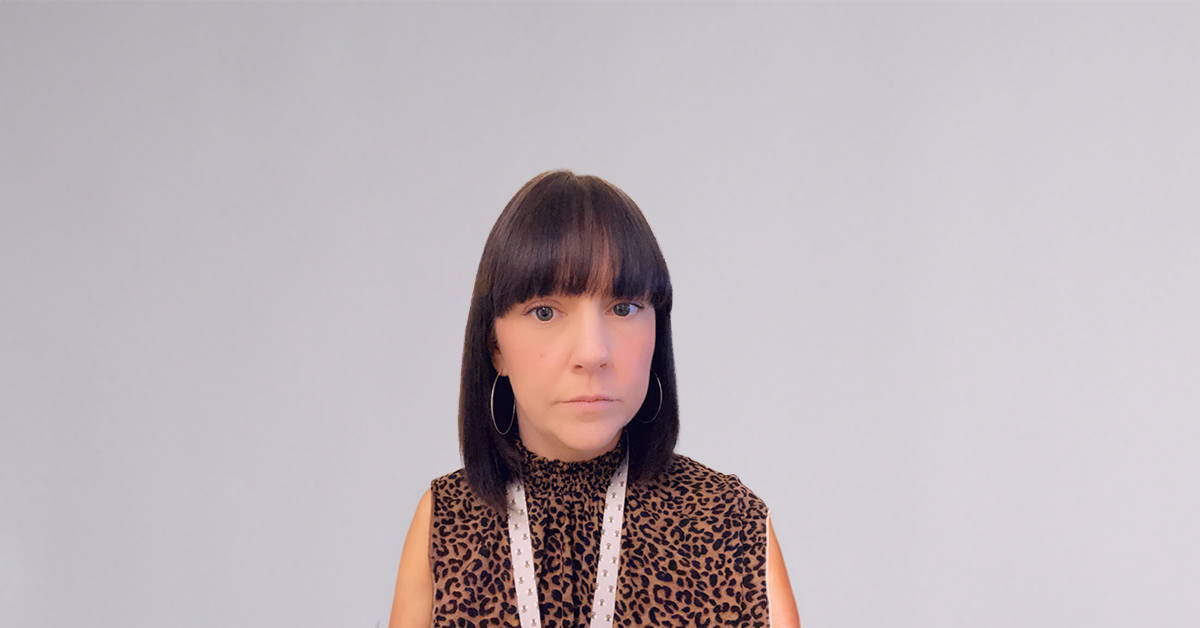The pandemic has impacted the way all sorts of professions carry out their roles – many sectors have changed significantly and changed for good. In social work, things are a little more complex.

So, how did Social Workers in Essex adapt to the complexities of supporting families in the middle of a global pandemic?
We spoke to Helen Lincoln, the Executive Director for Children, Families and Education at Essex County Council, about how teams deliver exceptional interventions in even the most difficult of circumstances.
There have been plenty of great new ideas about how Social Workers use technology and different platforms going forward but face-to-face contact will always be at the heart of what we do, in Essex, a starting point Helen feels passionately about.
“Social workers need to use all their senses when trying to find out what life is like for a child and video calls or virtual visits just don’t let you do this to the same extent. You can get a young person to give you a tour of the home online, but you cannot always see who is behind the camera, coaching the response. And how can you tell if the family are living in hygienic conditions without using your sense of smell? So, technology has been helpful, but it can never replace good old-fashioned home visiting.”
We know it’s only by building meaningful relationships with families that we can provide the best possible support and in Essex we make sure our social workers can spend the time they need to explore different solutions and put families front and centre of their practice.
“In face-to-face social encounters our teams develop the chemistry and the empathy at the heart of relational social work. For me, this is crucial to building an alliance for change – for the child.”
The new approaches Social Workers used during the different lockdowns will continue for example, the distance and easy accessibility provided by technology has brought real advantages.
“MS Teams, Zoom, WhatsApp or any other digital platforms have been used and so much work has been done remotely since lockdown began. Sometimes this had real benefits, for example, some children in care, who had never attended their review meeting, did and told us they preferred it.”

“We’ve welcomed parents, consultant paediatricians and GPs to virtual child protection conferences, and children and young people in care have joined their statutory reviews for the first time, because it is in a medium they are used to, and sometimes, because it gives them a degree of separation from what can be a daunting focus on them by adults.”
Helen says that although virtual meetings will continue into the future, being physically present is also important for staff, not just the families they support. In what can be very stressful circumstances, having a strong team around you really does matter and simply can’t be replicated through virtual communications.
“Whilst there are benefits in terms of work-life balance by working from home, there are unintended consequences,” she points out. “Even experienced social workers need a safe place to return to after a traumatic encounter with the neglect and abuse of children. It cannot be right to expect student social workers, newly qualified or less experienced social workers, especially, to have conversations about the distressing family circumstances they encounter, in their safe space, at home. The blurring of work and home in this way is likely to amplify secondary trauma, simply because there is no escape – no sanctuary.”
“That’s why we always make sure our teams have face-to-face access to their practice supervisors. It’s an opportunity not only for them to get support, but also to sound things out and to develop their skills. You know, thinking through scenarios as a team is even more important, given the complexities the pandemic has brought to our casework. We recognise that when we’re together in a dedicated space, it’s much easier for us share ideas, pause, reflect and take the time to think things through free from distractions.”
The interview closes with Helen saying at Essex – we’re serious about our social work.
Discover more about life in our team and how we’re offering guidance and support in an uncertain world here. And, if you’re interested in joining the team, please view all our latest vacancies.



